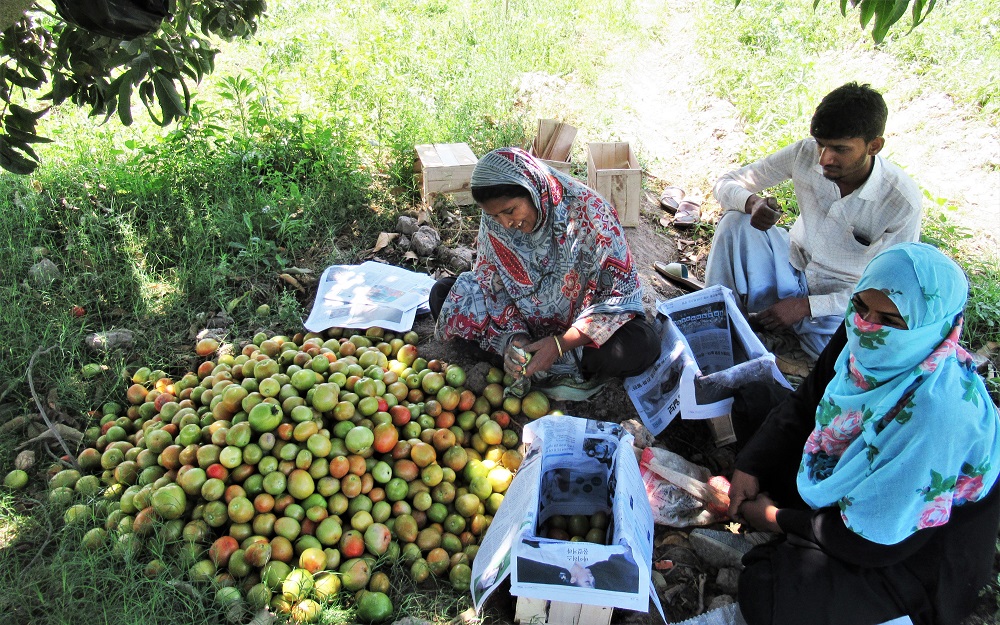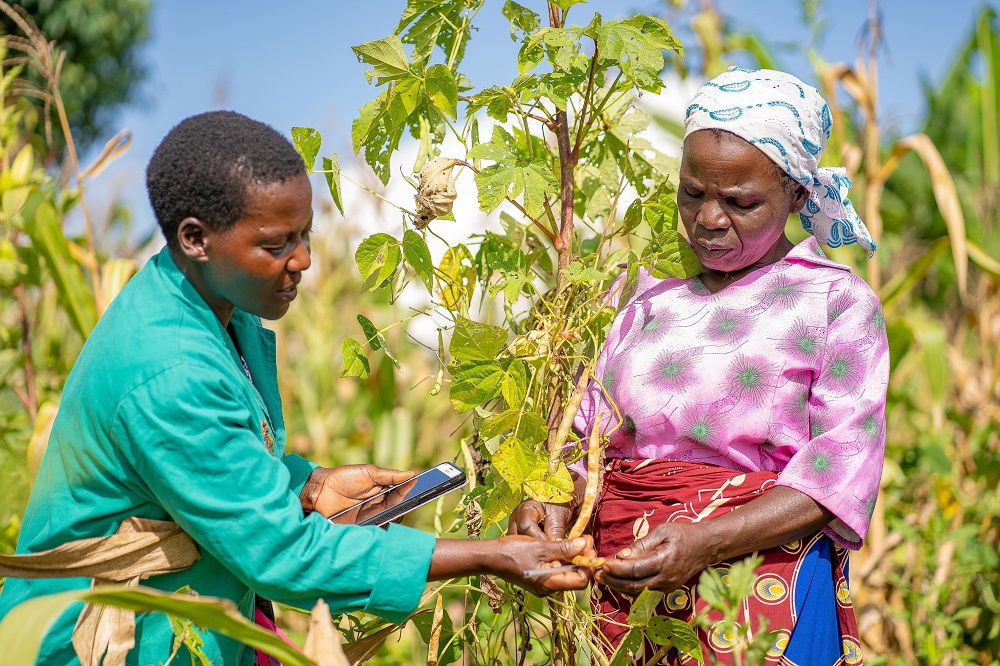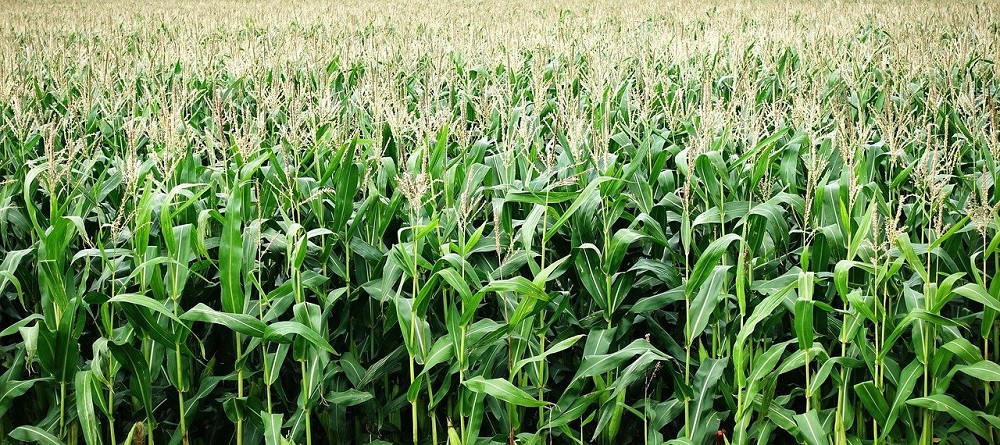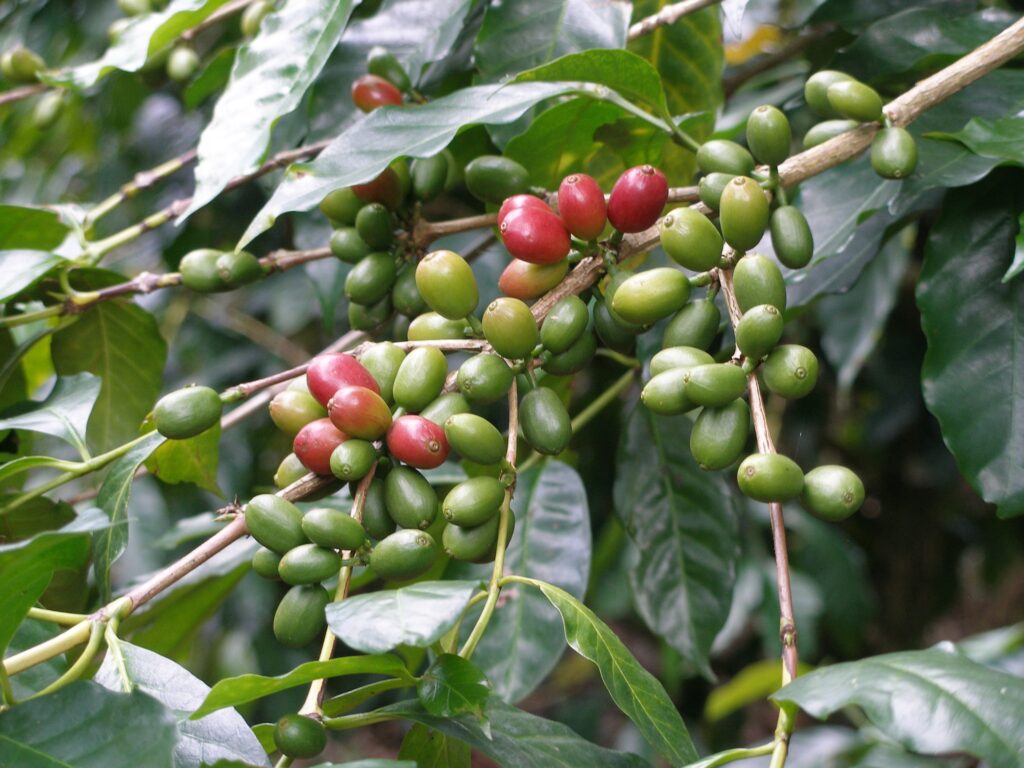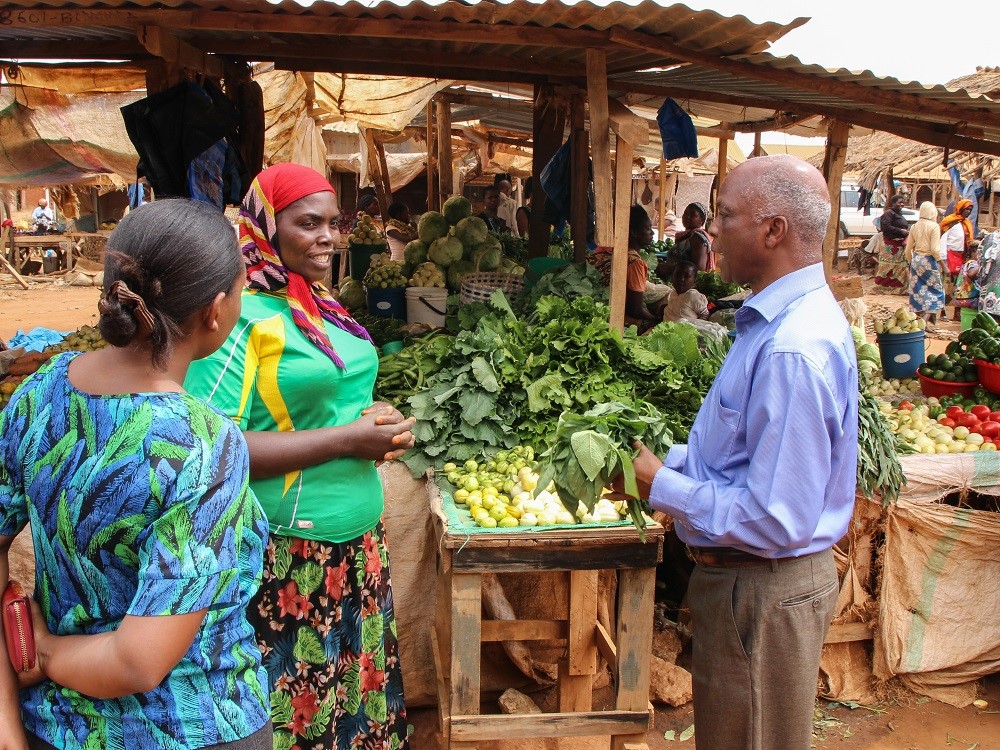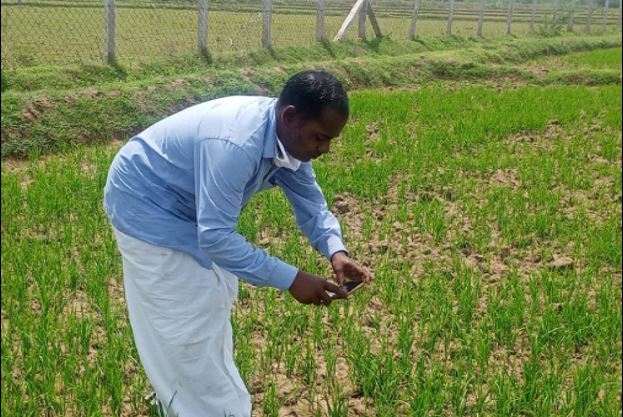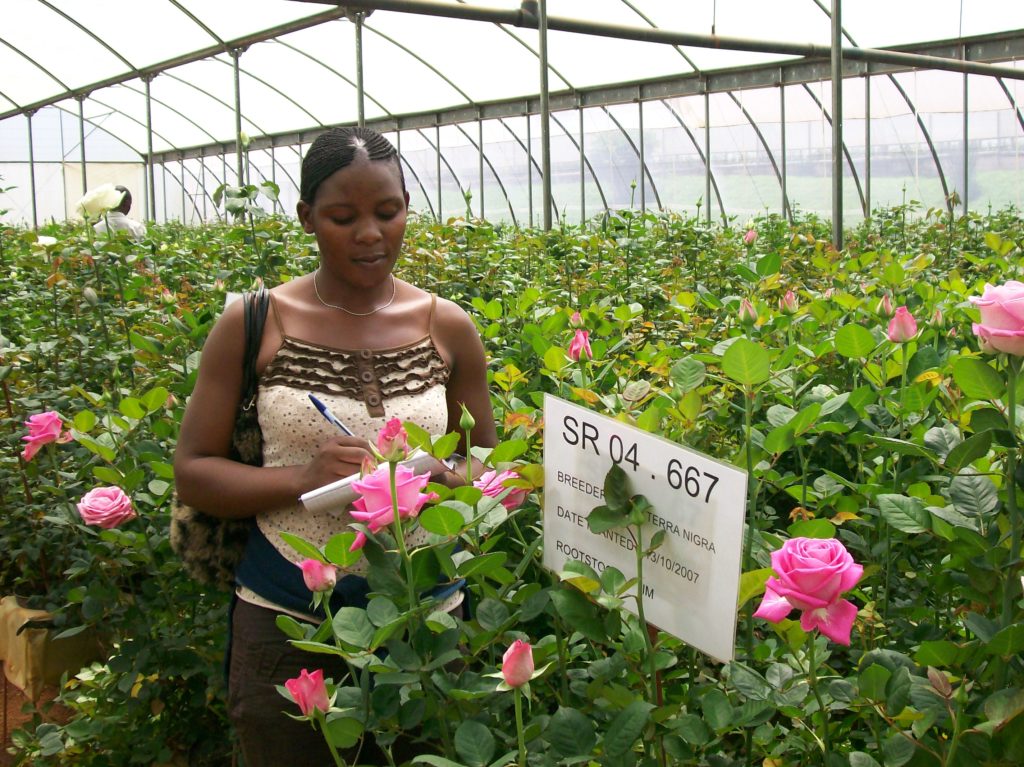CABI Blog
You are here: CABI Blog
Farmer praises CABI’s postharvest training to help boost Pakistan’s smallholder tomato production
June 9, 2021
Muhammad Asif, Rehan Riaz, Umair Safdar
No Comments
Tomato smallholder farmer Irshad Bibi has praised CABI’s postharvest training delivered in Pakistani village of Baili Janobi, District Muzaffargarh, which was aimed at improving ways of handling, packing and transporting the crop to market.
The persistent threat of emerging plant disease pandemics to global food security
June 8, 2021
Wayne Coles
No Comments
Global plant disease outbreaks are increasing, threatening the food security of vulnerable people in many parts of the world, writes Wayne Coles, PR Manager, CABI. A nutritious and stable food supply can help lift them out of poverty and improve their health. However, the spread of plant diseases, exacerbated by climate change and the global…
Using natural solutions to overcome crop toxins and increase Pakistan’s maize production
June 7, 2021
Babar Bajwa
1 comment
On World Food Safety Day, 7 June, we look at how a natural solution to a maize toxin is helping to safeguard Pakistan’s food security and smallholder farmer incomes. Aflatoxin contamination presents a severe threat to Pakistan’s population including its smallholder farmers, writes Dr Babar Bajwa, Senior Regional Director – Asia, CABI. They cause serious…
CABI Culture Collection plays key role in new research investigating multiple outbreaks of coffee wilt disease
June 4, 2021
Wayne Coles
No Comments
The CABI Culture Collection – which contains over 30,000 living strains from 142 countries – has played a key role in new research from scientists at Imperial College London and the University of Oxford investigating multiple outbreaks of the host-specific coffee wilt pathogen Fusarium xylarioides.
Three years on, the Good Seed Initiative still reaps rewards for farmers in Tanzania
June 3, 2021
Monica Kansiime
No Comments
A CABI study brief has shown that three years on, the Good Seed Initiative is still reaping rewards for farmers in Tanzania, writes Dr Monica Kansiime, Scientist-Agricultural Economist, CABI. The study entitled Perspectives on sustainability of smallholder seed enterprises: a case study of African indigenous vegetables in Tanzania reveals how this initiative was instrumental in…
Overcoming the challenges and complexities of posting preprints
June 3, 2021
Kelly Snell
1 comment
On 29 April, CABI co-hosted an event about preprints with ASAPbio. This open-access webinar considered trends in agriculture and plant science and reviewed aspects of posting preprints, including their benefits, how they fit more broadly into science communication and how they help us tackle collective challenges around climate change and food security. To learn more…
Bundling agricultural services under the Seeing is Believing project in India
June 2, 2021
Akanksha Nagpal, Arun Jadhav
No Comments
The Seeing is Believing (SIB) project started in Tamil Nadu (a southern state in India) in May 2019 in partnership with the International Food Policy Research Institute (IFPRI) and The M. S. Swaminathan Research Foundation (MSSRF), writes Akanksha Nagpal and Arun Jadhav.
World’s indigenous peoples to bear brunt of climate change, warns UN paper
May 26, 2021
Abdumutalib Begmuratov
No Comments
Indigenous peoples around the world – the guardians of traditional knowledge systems and underutilized, forgotten crops that may yet prove critical for global food security – are likely to be hit hardest by climate change, says a United Nations Food Systems Summit (UNFSS) 2021 brief co-authored by scientists representing the Association of International Research and…
A range of incentives could help open up free access to FAIR data in agriculture
May 21, 2021
Fiona Smith, Ruthie Musker
No Comments
Access to data on soil health, agronomy and fertilizer based upon FAIR could be a ‘game changer’ in helping to create greater food security within Sub-Saharan Africa and South Asia who are already battling with the impacts of climate change, crop pests and diseases, writes Ruthie Musker, Project Officer – Data Policy & Practice at…
Tackling pests to boost Uganda’s blossoming trade in floriculture
May 18, 2021
Florence Chege
No Comments
Breaking down the barriers to international trade has never been more important. Flowers are a profitable form of income for many low- and middle-income countries. However, small-scale growers in places like Uganda face hurdles accessing the kind of information and technologies needed to improve the standard of produce to supply lucrative global markets like the…
Subscribe to blog
DISCLAIMER
Views expressed in contributions do not necessarily reflect official CABI positions.
Archives
Categories
- Agriculture and International Development
- Veterinary and Animal Sciences
- Climate change and biodiversity
- Publishing
- Value chains and trade
- Crop health
- Environmental Sciences
- Human Sciences
- Tourism, Hospitality and Leisure
- Food and nutrition security
- Plant Sciences
- Gender and youth
- Digital development
- Development communication and extension
- Economic development
- Invasive species
- CABI Bioservices
- One Health

